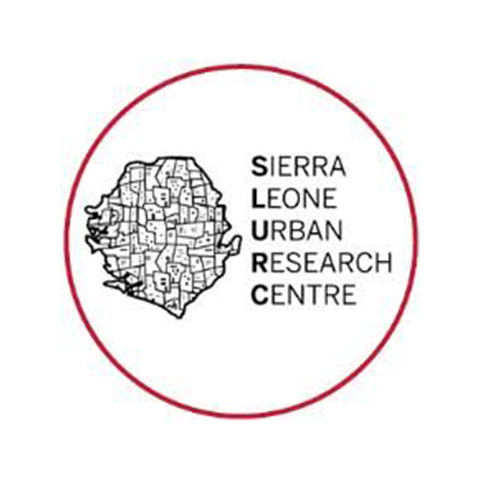Funding Partners
Kota Kita has worked with, and for, a number of international development agencies, private foundations and NGOs who have supported and funded our research and development activities.
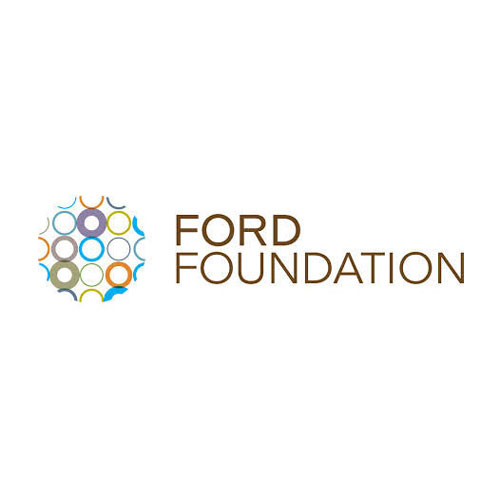
Ford Foundation
The Ford Foundation has been supporting civil society initiatives in Indonesia for more than 60 years, promoting tolerance, social equity and environmental sustainability. The Ford Foundation has enabled Kota Kita to develop community mapping and participatory budgeting initiatives in many cities across the country.
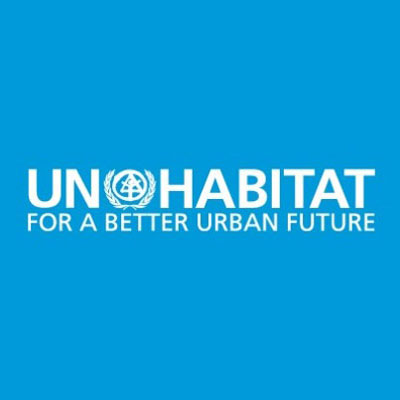
UN-HABITAT
The United Nations Human Settlements Programme (UN-HABITAT) Regional Office for Asia and the Pacific (ROAP) in Fukuoka was one of the initial funders for the Solo community mapping project, Solo Kota Kita, and has since asked Kota Kita to partner with it to implement the Cities Development Strategies process in Solo, Pekalongan and Banjarmasin, a climate change vulnerability assessment in Pekalongan and post-earthquake community action planning in Padang.

UNDP
The United Nations Development Program has commissioned Kota Kita to implement several climate change vulnerability assessments in the cities of Makassar, Kupang and Kendari, as well as facilitate participatory urban risk management planning processes in each city.

UNEP
The United Nations Environment Program invited Kota Kita to partner with them, UNDP and UN-HABITAT to develop an urban climate change vulnerability assessment methodology focusing on critical ecosystems. The process was carried out in the city of Makassar and sought ways to combine urban and environmental planning strategies to boost climate change resilience.
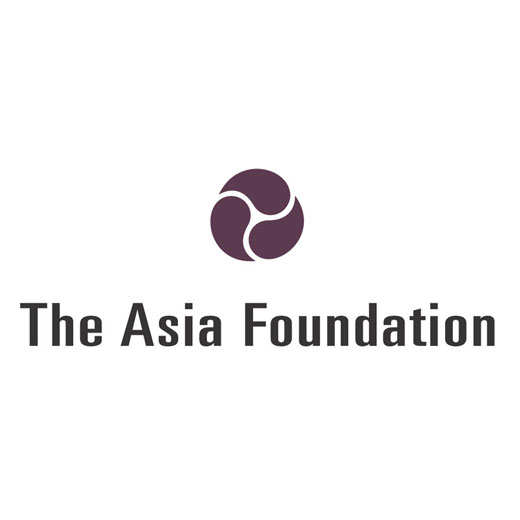
The Asia Foundation
The Asia Foundation works across Asia to promote good governance. The Asia Foundation Mongolia asked Kota Kita to partner with them to support the government of the City of Ulaanbaatar on a community mapping initiative of the unplanned Ger districts of the city. Kota Kita also hosted two Mongolian delegations in Solo, Jakarta, and Yogyakarta to learn about urban governance policies.
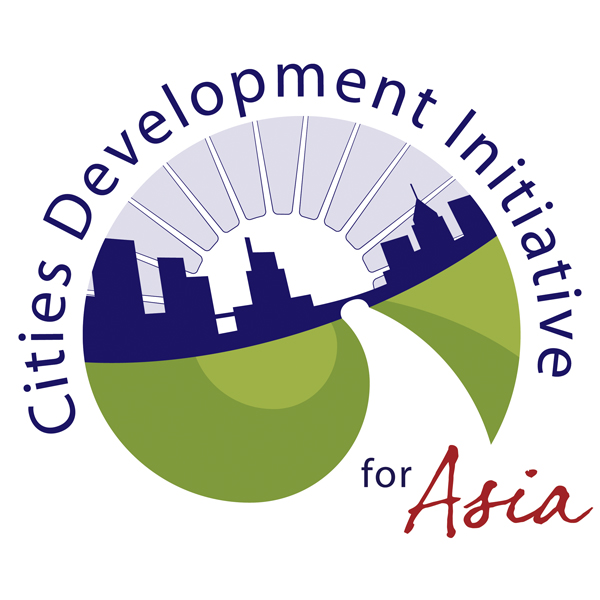
Cities Development Initiative for Asia (CDIA)
The Cities Development Initiative for Asia commissioned Kota Kita to carry out an in-depth study of the impact of public transportation projects on urban poor communities in Solo, Yogyakarta, and Palembang. The research focused upon drivers and riders of becak, angkot and ojek, all informal modes of public transportation, and resulted in the creation of a publication and a regional workshop that Kota Kita helped facilitate.
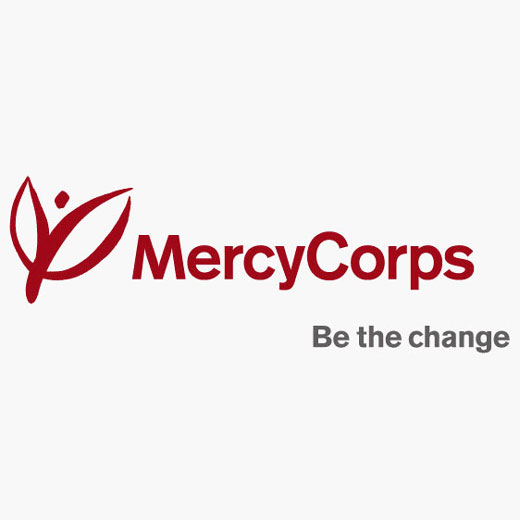
Mercy Corps Indonesia
Mercy Corps Indonesia asked Kota Kita to carry out community-based vulnerability assessments in two cities, Semarang and Bandar Lampung, in order to support their comprehensive climate change resilience strategies in those cities under the Asian Cities Climate Change Resilience Network (ACCCRN) initiative.
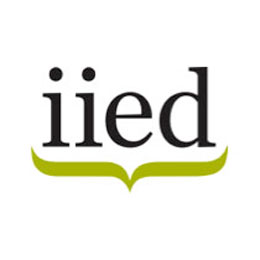
The International Institute for Environment and Development (IIED)
IIED is an independent policy research institute, or think tank, whose stated mission is to "build a fairer, more sustainable world, using evidence, action and influence in partnership with others.” IIED has supported two research studies by Kota Kita about urban resilience policies and methodological approaches to vulnerability assessments.
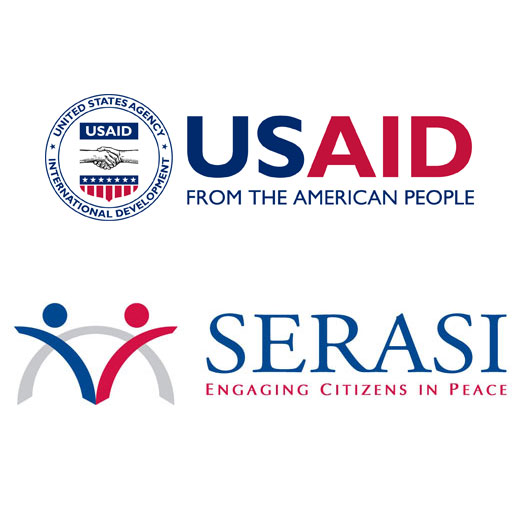
USAID – SERASI
The USAID-funded SERASI program was a post-conflict peacebuilding and governance project. SERASI helped support Kota Kita’s city-wide participatory mapping project, Solo Kota Kita, in 2010.
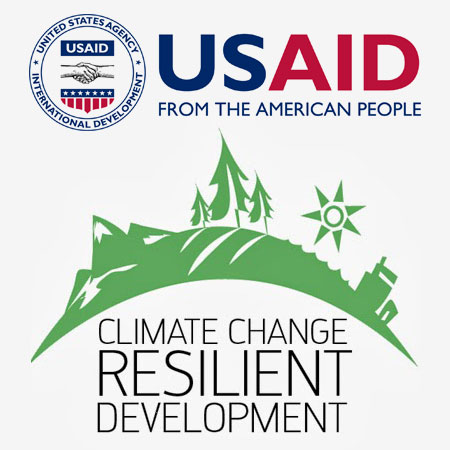
USAID – CCRD
The USAID-funded Climate Change Resilient Development (CCRD) was a global, four-year project to support climate change adaptation in 33 countries. CCRD funded a grant that allowed Kota Kita to conduct a climate change vulnerability assessment of the city of Manado and build the capacity of government officials and academicians in the city to build resilience to climate change.

AECOM
AECOM is an international architecture, engineering and planning firm that hosts Urban SOS, an annual design competition for students. In 2011, a team made up of two urban planning students from the Massachusetts Institute of Technology interning at Kota Kita and two staff members won the competition with an entry entitled Firm Foundation. The $25,000 prize was awarded to implement the winning design, resulting in a participatory design-and-build process with community members in the city of Banjarmasin.
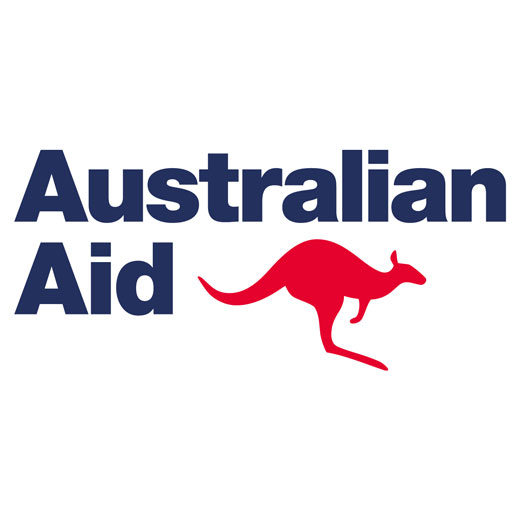
AusAID – Indonesia Infrastructure Initiative (IndII)
The AusAID-funded Indonesia Infrastructure Initiative (IndII) is supporting Kota Kita in the development of research and a participatory community monitoring tool that makes the planning and implementation of infrastructure projects more transparent.
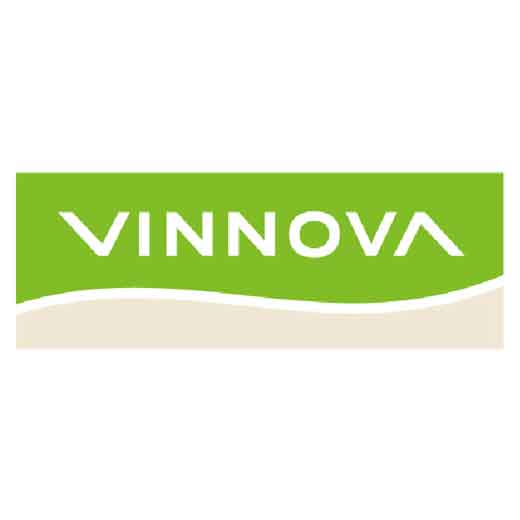
VINNOVA
Vinova is the Swedish Government’s innovations agency. Their mission is to promote sustainable growth by improving the conditions for innovation. They are collaborating with Living Cities and Kota Kita to fund research on promoting bicycling in over thirty developing countries for women and girls, with Solo serving as one of their strategic pilot sites.
The Giles Family
The Giles Family is dedicated to empowering promising social development initiatives throughout the world, offering strategic guidance and financial support to Room to Read and Direct Relief, widely recognized development organizations that work globally. They have generously supported Kota Kita in our capacity building efforts, strategic initiatives and organizational strengthening.

British Academy
The British Academy is the United Kingdom’s national body for the humanities and social sciences. The British Academy fosters the international collaboration in the humanities and social sciences, and promote the sharing of international perspectives on global challenges. The British Academy provides a variety of grants and fellowships to support academic research, career development and wider engagement across the full range of the humanities and social sciences. The British Academy also provides funding opportunities which cover UK and international research from the postdoctoral level upwards, supporting the best ideas, individuals and intellectual resources.
The British Academy provided a grant for Kota Kita, in collaboration with University College London, under the scheme of Sustainable Development Programme 2016, to deliver research on the geography of informal enterprise and innovation in Greater Solo.
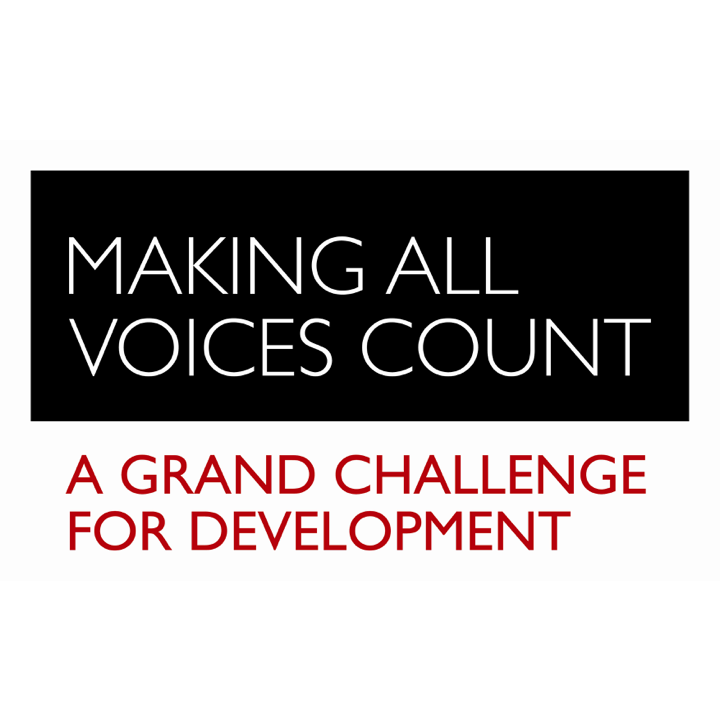
Making All Voices Count
Making All Voices Count is a programme working towards a world in which open, effective and participatory governance is the norm and not the exception. It focuses global attention on creative and cutting-edge solutions to transform the relationship between citizens and their governments. The programme is inspired by and supports the goals of the Open Government Partnership.
Making All Voices Count is supported by the UK Department for International Development (DFID), the US Agency for International Development (USAID), the Swedish International Development Cooperation Agency (SIDA) and the Omidyar Network, and is implemented by a consortium consisting of Hivos, IDS and Ushahidi.
Kota Kita is a part of the Making All Voices Count initiative in Indonesia in year 2016-2017 and produced a comprehensive document on the experiences of participatory budgeting in 6 Indonesian cities.

UNESCO
The United Nations Educational, Scientific and Cultural Organization (UNESCO) is responsible for coordinating international cooperation in education, science, culture and communication. UNESCO Office in Jakarta is a Regional Science Bureau for Asia and the Pacific dedicated to fostering equitable and inclusive human development based on the universal ethical and human rights frameworks. UNESCO works closely with the governments and the civil society to promote participatory and inclusive processes and policies: making sure that all the relevant voices are heard and everyone benefits equitably from social and economic development. In Indonesia, UNESCO has joined forces with sister UN agencies WHO and ILO and the Network of Mayors for Inclusive Cities to realize a UN initiative on promoting the rights of persons with disabilities (UNPRPD).
UNESCO and Kota Kita are collaborating to do participatory data collection for the conditions and rights of persons with disabilities in Solo and Banjarmasin, Indonesia, from year 2017-2019.
Collaboration Partners
The following organizations, universities, think tanks and companies have collaborated with Kota Kita on a range of activities, projects and research initiatives. Collaborators work with Kota Kita exchanging ideas and technical knowledge to come up with innovative solutions to urban problems.
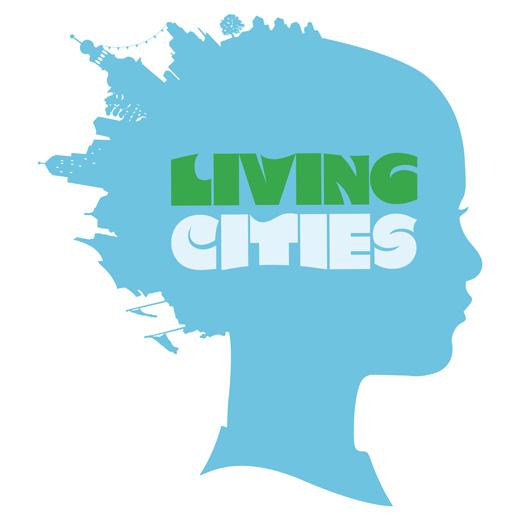
Living Cities
Living Cities is a Swedish-based non-profit corporation that works towards developing innovative solutions for inclusive, resilient and living cities around the world. They specialize in creating people-focused and people-friendly ways to improve cities and make them more sustainable. Living Cities is collaborating with Kota Kita to implement a pilot project in Solo that will support the empowerment of women to ride bicycles and promote mobility through pro-bicycling policies.
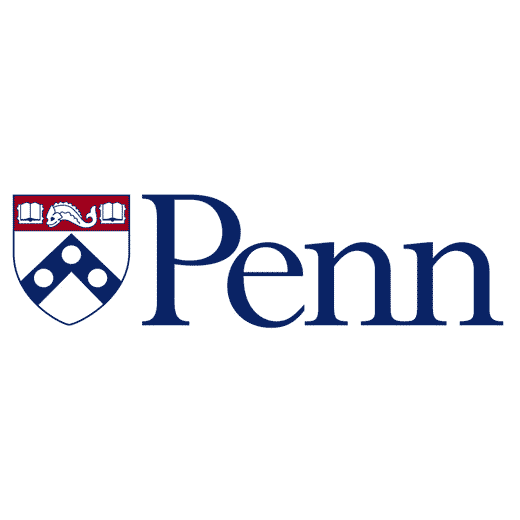
University of Pennsylvania
The University of Pennsylvania has been collaborating with Kota Kita on research into urban transportation, in particular in the field of informal transport and improving mobility, since 2011. Through this partnership Kota Kita is supporting research into transportation systems, infrastructure and policies that are being conducted in Solo and other cities in Indonesia. It also gives UPenn students the opportunity to spend summers with Kota Kita to undertake an internship.
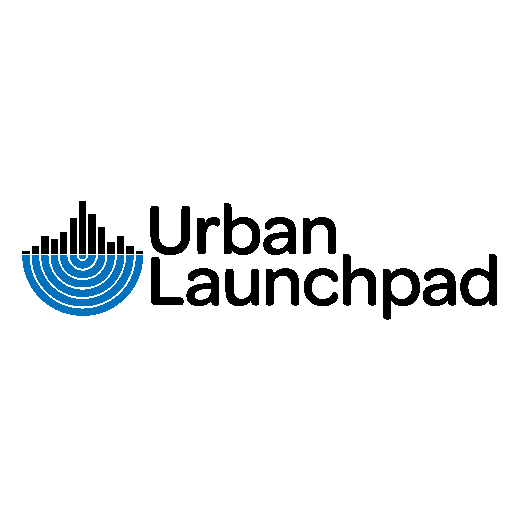
Urban Launchpad
Urban Launchpad is a firm based in San Francisco that develops and deploys digital innovations to solve a range of urban problems in cities throughout the world. They’re dedicated to partnering with local organizations in some of the world’s least livable cities, where even a few small gestures can make a huge improvement.

Blink_Tag Inc.
Blink_Tag Inc. is a company based in San Francisco dedicated to developing mapping and database applications for cities. Blink_Tag has partnered with Kota Kita for over five years, most notably in the development of our first project, Solo Kota Kita, a city-wide database and map of the city.
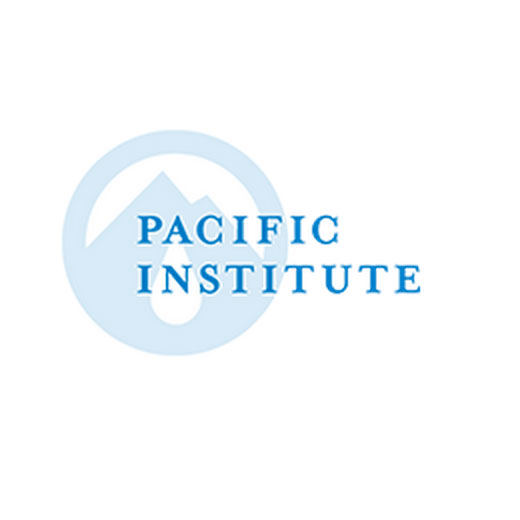
Pacific Institute
The Pacific Institute is an US-based non-profit research institute created in 1987 to provide independent research and policy analysis on issues of development, environment and security, with a particular focus on global and regional freshwater issues. The Pacific Institute and Kota Kita have teamed up to implement WATER SMS, a crowd-sourced information gathering approach in the cities of Makassar and Malang, whose objective is to improve governance and accountability in the water sector.

Cornell University
Cornell University in the US has been collaborating with Kota Kita since 2013 to educate students through a semester-long engagement with the city of Solo on a variety of urban issues. In 2013 and 2014, Cornell students visited Solo’s riverbank communities to conduct fieldwork and have presented their findings to government officials and community leaders. Kota Kita’s partnership with Cornell facilitates the exchange of information, provides opportunities for internships and creates co-produced research publications.
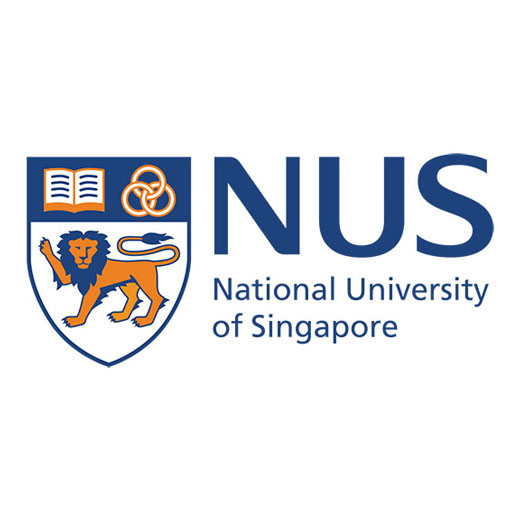
National University of Singapore
The National University of Singapore, through the Institute of Water Policy, collaborates with Kota Kita to research participatory approaches to urban water delivery and management. The joint research initiative, now in its second phase, will provide more information to improve citizen participation in formulation of more

Center for Participatory Planning (P5)
The Center for Participatory Planning (P5) at the Universitas Diponegoro in the Indonesian city of Semarang is a research and development organization that is part of the Department of Urban and Regional Planning. They have collaborated with Kota Kita on a number of activities, including training government officials about climate change in Manado, and coming up with strategic development plans for the cities of Pekalongan, Solo and Banjarmasin through the Cities Development Strategies project.
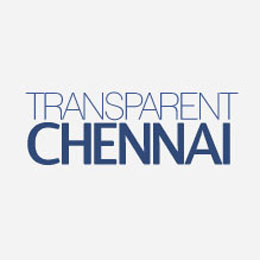
Transparent Chennai
Transparent Chennai is a think-tank, based in India’s Chennai city, that aggregates, creates and disseminates data and research about important civic issues facing Chennai, including those issues faced by the poor. Transparent Chennai is a like-minded organization to Kota Kita in its approach to using maps and data, and making information available to communities to empower them to advocate for better urban development and policies.
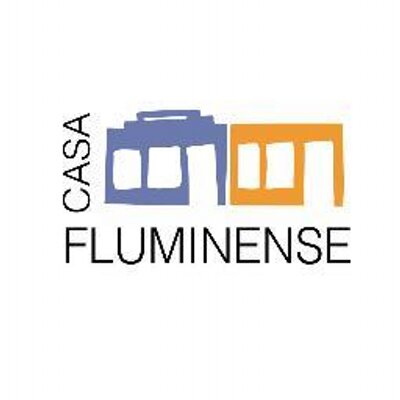
Casa Fluminense
Casa Fluminense is a civil society organization based in Brazil dedicated to the formulation of progressive urban policies and activities for the metropolitan region of Rio de Janeiro. Kota Kita and Casa Fluminense both promote public access to urban data and collective discussion concerning socially just and participatory urban policies.

Development Workshop Angola
Development Workshop (DW) has been working in Angola on a range of human settlements issues since 1981 supporting the emerging Angolan civil society and the process of local government decentralisation, while working closely with local community organizations. Kota Kita has helped DW to create municipal profiles for the capital, Luanda, and participatory planning tools similar to Solo’s Mini-Atlases for the project Solo Kota Kita.
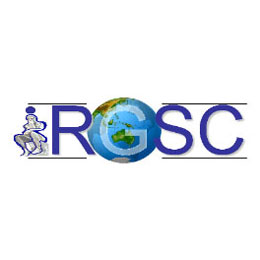
Institute of Resource Governance and Social Change
The Institute of Resource Governance and Social Change (IRGSC) is a Kupang-based policy research institute and think tank whose mission is to produce knowledge, and inspire policy innovation and change, principally in the eastern region of Indonesia. Kota Kita is working with IRGSC to research methods of assessing social and physical vulnerability to climate change in a number of cities across Indonesia.
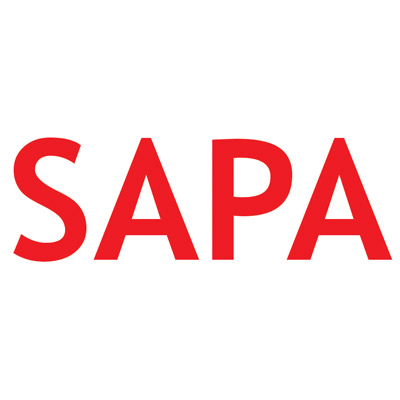
Strategic Alliance for Poverty Alleviation
The Strategic Alliance for Poverty Alleviation (SAPA) is a consortium including the Ministry of Welfare, various local governments and a network of civil society organizations working together to reduce poverty in Indonesia. Kota Kita has provided maps and facilitation support to assist in identifying pockets of urban poverty and advocate for better planning in those areas.
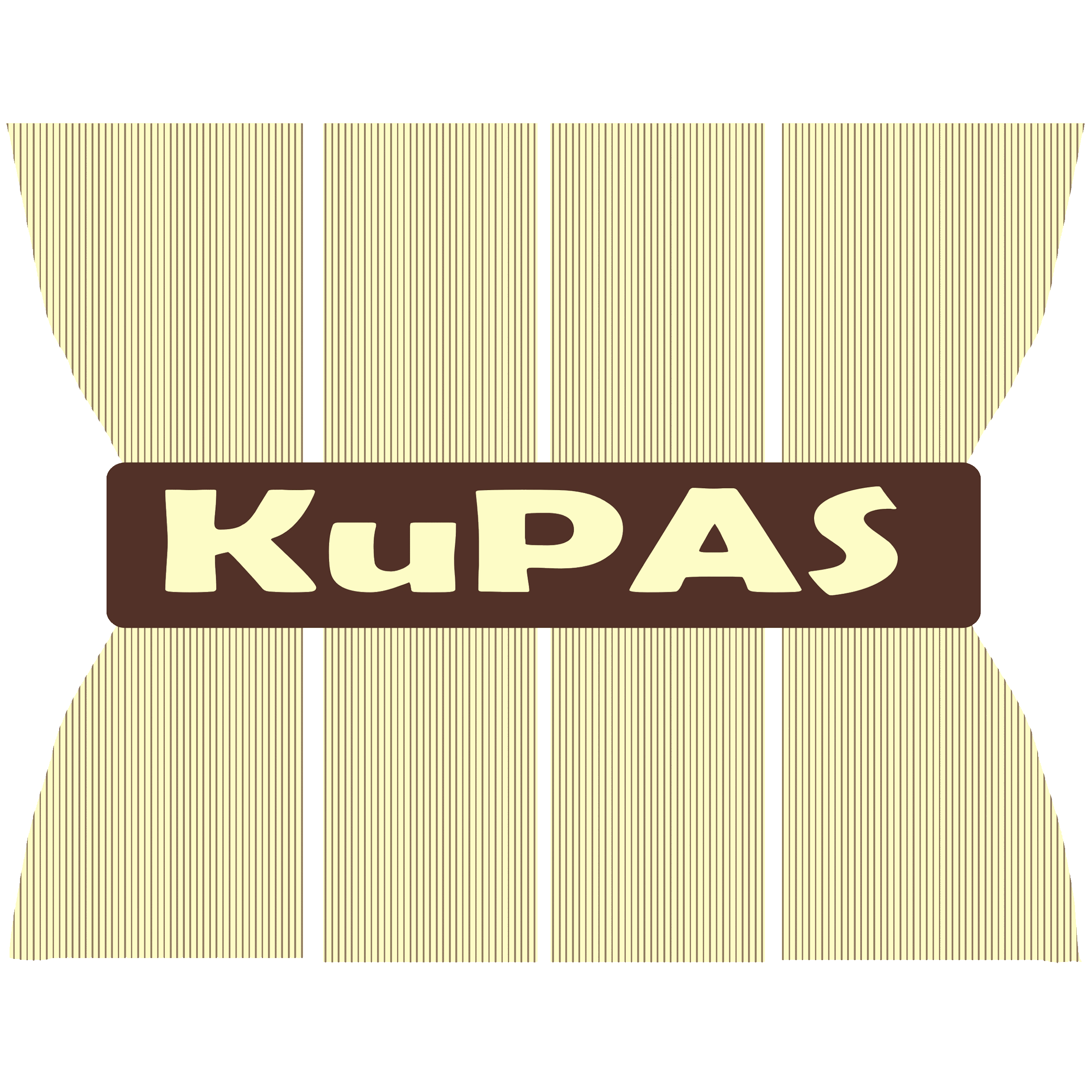
KUPAS
KUPAS (Koalisi untuk Pemberdayaan Masyarakat Sipil) is a local NGO coalition based in Makassar dedicated to empowering civil society groups. They work together with local government to encourage participation in local development planning through the online musrenbang process. Kota Kita supported KUPAS in the formulation of neighborhood maps and data collection to assist their work.

Social Business Consulting
Social Business Consulting (SBC) is an organization based at Cornell University and run by undergraduate students seeking to make a difference in the world of development. They provide pro-bono consulting support to NGOs around the world, providing them a range of services and tailoring strategies to their needs. SBS helped Kota Kita develop a new marketing strategy, gave suggestions about a social media campaigns and ideas about fundraising.
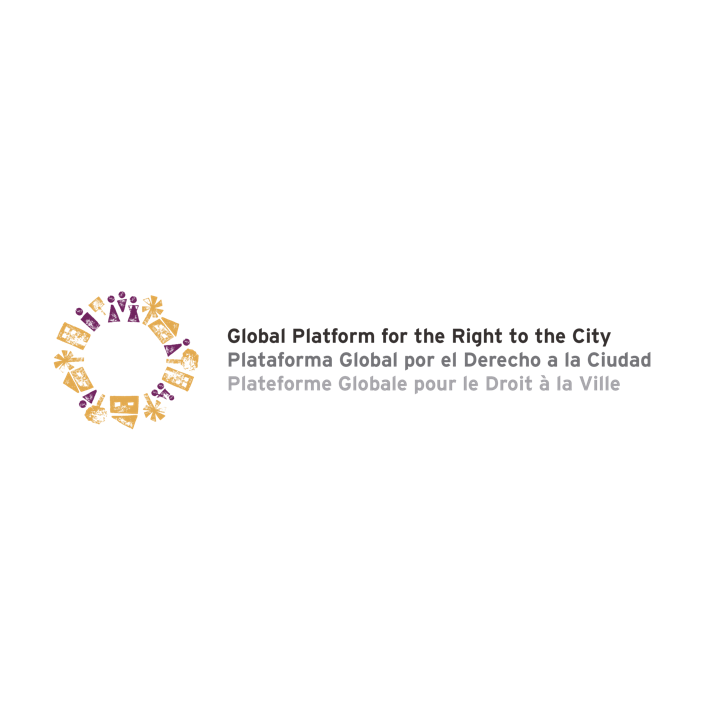
Global Platform for Right to the City
The GPR2C is an international network composed of international, regional, national and grassroots organizations, networks and academia, as well as local governments’ organizations that have been working towards raising awareness on the Right to the City worldwide. It promotes this concept as a new paradigm for urban policy in implementing the New Urban Agenda and achieving the Sustainable Development Goals, through advocating for the adoption of commitments, policies, projects and actions aimed at developing fair, democratic, sustainable and inclusive cities.
Kota Kita has been a member and supporter of the global platform since 2015. To date, the organizations have been actively promoting the Right to the City perspectives to public through public seminars, workshops, member meetings, and international advocacy efforts.
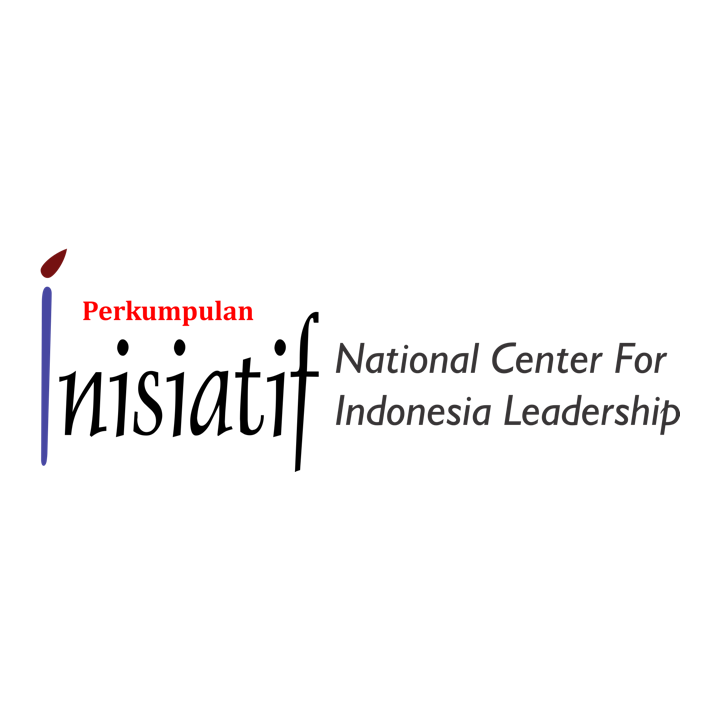
Perkumpulan Inisiatif
National Center for Indonesia Leadership, a civil society organization working to improve accountability and good governance of Indonesian leaders
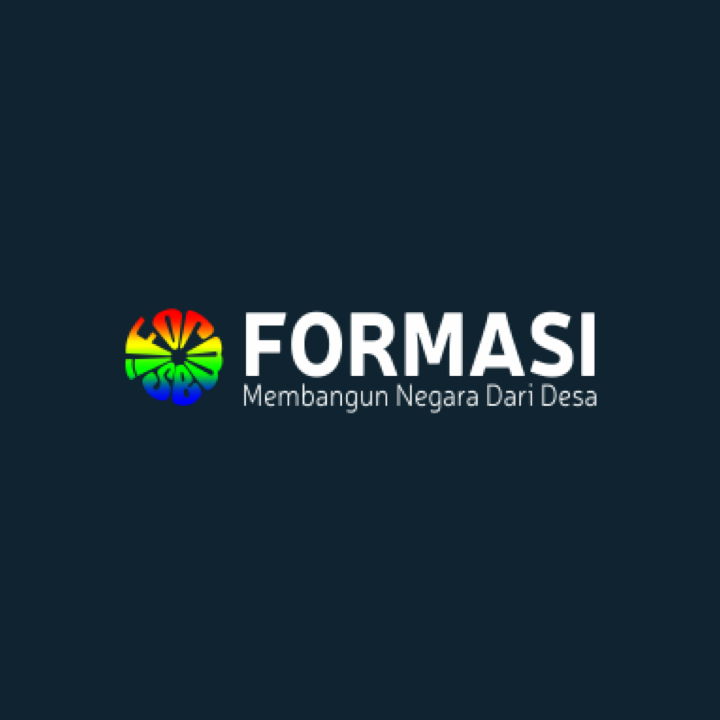
Formasi (Forum Masyarakat Sipil) Kebumen
Forum Masyarakat Sipil, a forum or coalition of several NGOs and civil society organization working on the sovereignty of village, based in Kebumen, Central Java, Indonesia.
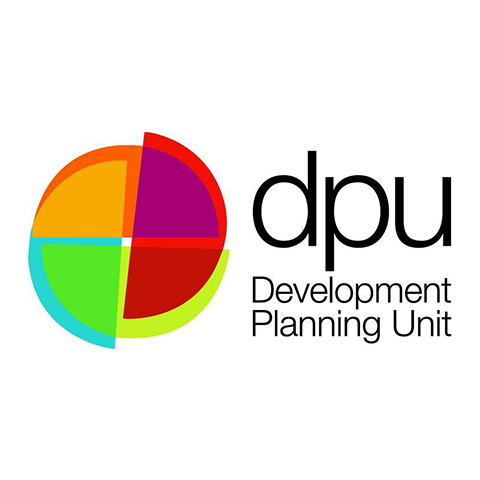
Development Planning Unit, University College London (DPU-UCL)
The Development Planning Unit, University College London (DPU-UCL) conducts world-leading research and postgraduate teaching that helps to build the capacity of national governments, local authorities, NGOs, aid agencies and businesses working towards socially just and sustainable development in the global south.
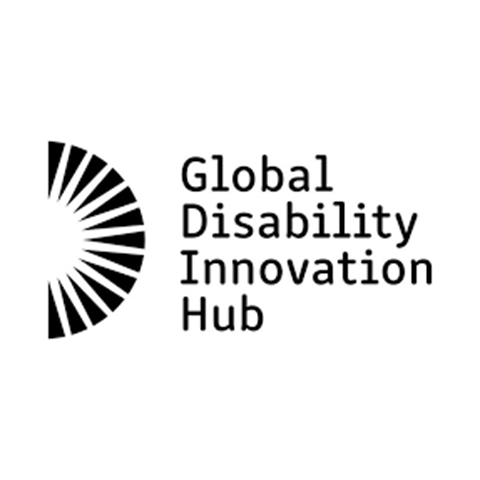
Global Disability Innovation Hub
Global Disability Innovation Hub is a research and practice centre based in East London, United Kingdom driving disability innovation for a fairer world. The organization envisions a world without barriers to participation, with equitable access and opportunity for all. Disability innovation is part of a bigger movement for disability inclusion and social justice. The approach is by stimulating entrepreneurship by developing bold approaches, partnership and ecosystems to accelerate change.
